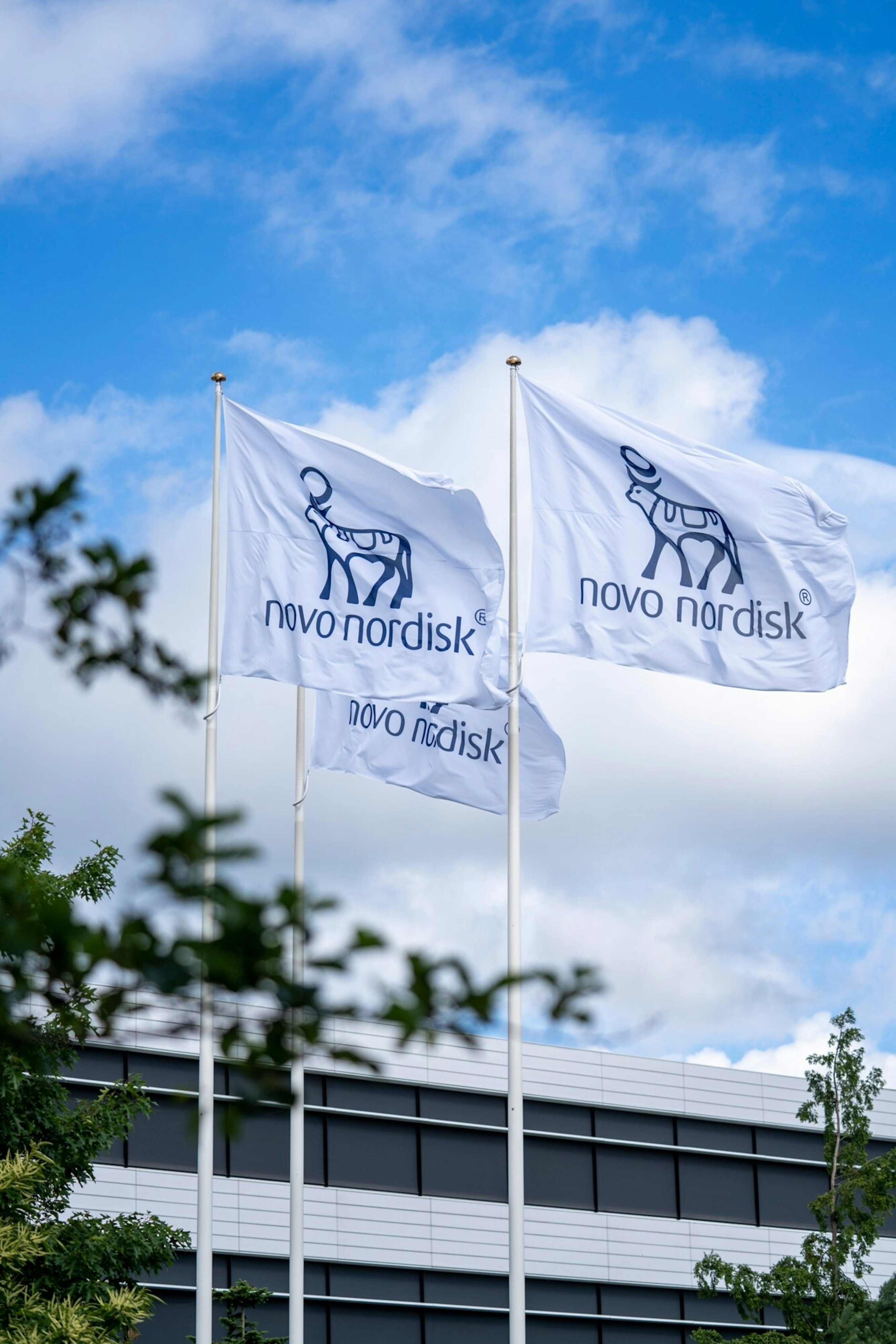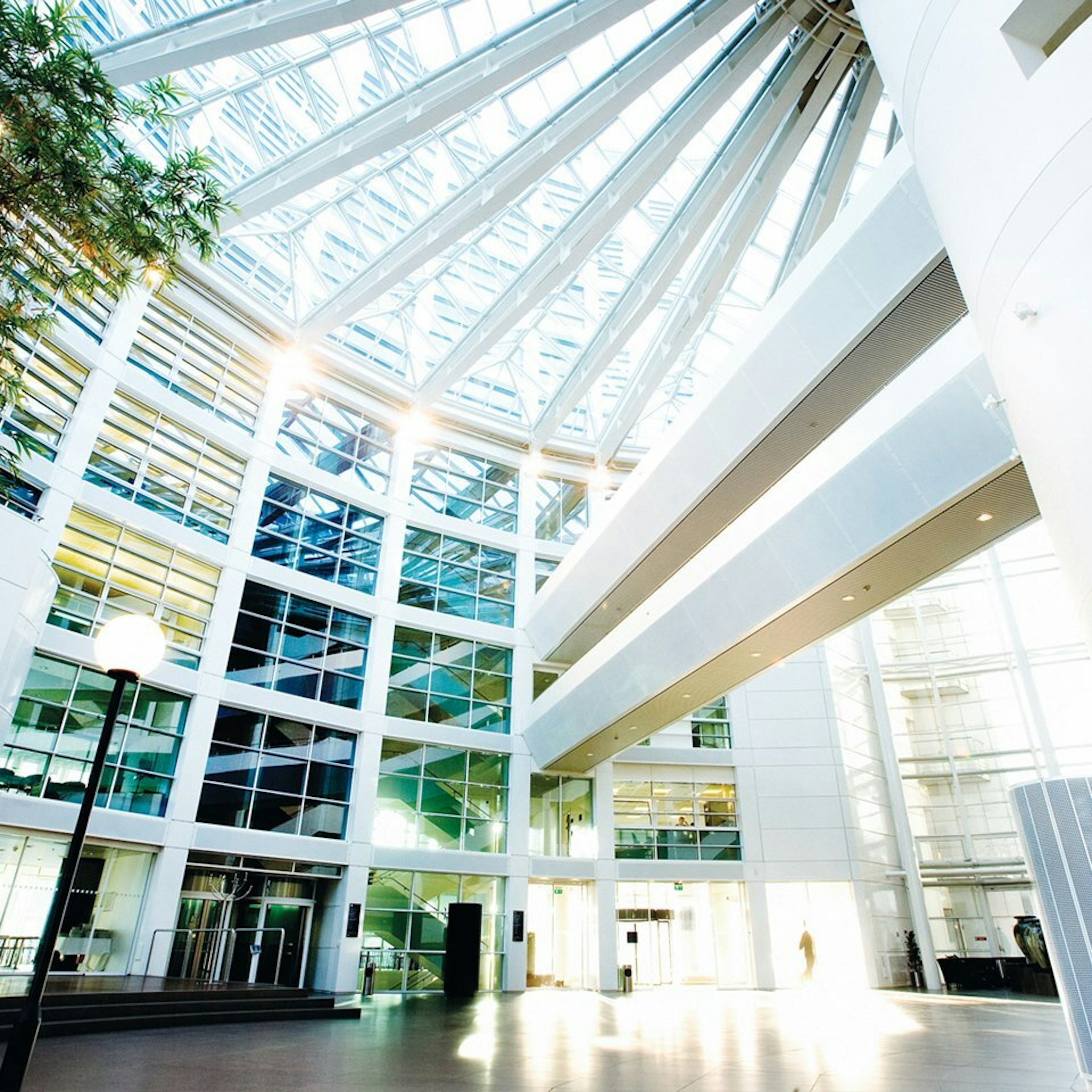Novo Nordisk and Implement Strategy
19 June 2020
Novo Nordisk’s environmental goals have continued to grow in the face of the global climate crisis. Their bold and simple dream of becoming a company based on circular economy principles and thereby leaving zero environmental impact meant dramatically rethinking and changing ways of working and leading across a global organisation.
A front-runner in sustainability
Every day, millions around the world depend on Novo Nordisk’s insulin therapies and delivery devices. This is an organisation employing more than 40,000 people in 80 countries worldwide, driving change to defeat diabetes and other serious chronic diseases like haemophilia, growth disorders and obesity.
So, for an organisation of this kind of scale, becoming a circular company with zero environmental impact is a massive statement. And by no means an easy task. But then, when it comes to setting ambitious environmental goals and achieving them, Novo Nordisk has a pretty impressive track record.
Back in 2006, Novo Nordisk sought to reduce carbon emissions by 10% by 2014. Thinking outside the box, Novo Nordisk entered a collaboration with the Danish energy company Ørsted (a sustainability pioneer in its own right), pledging to purchase 33% of a new major wind farm’s power output. This meant that Novo Nordisk could power the entirety of its Danish operations with renewable energy. It also meant that Novo Nordisk reached its target four years ahead of time.
This was followed up in 2015 when Novo Nordisk signed up to the RE100 with the bold aim of ensuring all global production would be powered by renewable electricity by 2020. Currently, all production in Brazil is hydro-electric powered, in China and Europe it’s wind-powered and in North Carolina, USA, it’s solar-powered.
A commitment to circularity
The only true solution to environmental challenges is leaving no harmful impact on the planet. How do we achieve this? We can start by switching our focus in the business world from short-term impact to long-term strategic action plans. That’s why Novo Nordisk isn’t simply focusing on reducing carbon emissions – they have a deep-rooted and comprehensive aspiration to become a fully circular company, keeping resources in circulation to create value for as long as possible and using sustainable resources to transform waste into value.
Moving away from the classic “take, make and dispose” mindset, was the starting point of Novo Nordisk’s new environmental strategy towards 2030. Instead, the company wanted to infuse circular economy principles into its thinking and become an organisation focused on eliminating waste and continually reusing and recycling resources. This meant launching one of the world’s most ambitious sustainability strategies, transforming existing business models and embedding an entirely new way of thinking across supply, operation and products with three focus areas:
- Circular supply: proactive collaboration with suppliers to embed circular thinking across the supply chain, shifting towards green sourcing and procurement and reducing the carbon footprint.
- Circular company: ensuring zero carbon emissions from operations through renewable energy, eliminating energy, water and material waste by using circular principles and supporting affiliates in going green.
- Circular products: designing new products for circularity, upgrading existing products so they are fit for circularity and solving end-of-life product waste challenges by reusing or recycling.
A co-creative and agile strategy process
A corporate-wide strategy process rooted in design principles and involving the entire organisation was launched. The strategy initiative was anchored in executive management and key stakeholders, using four key principles to help design and accelerate implementation:
- Co-creation and mobilising the organisation: All corners of the organisation were involved in co-creative idea generation sessions, design labs and large-scale workshops based on insights and mapping of Novo Nordisk’s current performance and future outlook to consider potential future strategic directions together. Company-wide discussions were held to consider highly strategic, but tough choices and potential trade-offs in an open and transparent manner. Establishing the strategy process with an open, creative and accessible framework meant that the entire organisation rallied behind the change momentum.
- Exploration of multiple strategic positions: Strategic issues were framed and identified, and different strategic positions and potential transformation opportunities were imagined and explored using insights from the situational analysis.
- Prototyping and testing: Weighing up critical assumptions, receiving fast feedback and verifying the key conditions that must hold true for desirable strategic positions were essential building blocks in the strategy process. A scientific approach to decision-making was taken that enabled Novo Nordisk to prototype, test and analyse key initiatives, meaning that potential strategic options and directions were tested systematically to enable grounded choice-making.
- Balancing strategic choices with agility: Embedding agility in strategic choices ensured the strategy implementation model was designed with simplicity, clarity and alignment with the rest of the organisation in mind. The model balanced driving several large, agile, cross-organisational transformations with cascading choices to all corners of the organisation. This meant that local teams were involved in the strategy process, making corporate goals into concrete action and paving the way for a movement that combines clear strategic direction with grassroots initiatives.
A truly circular company
Novo Nordisk is now on track to becoming a fully circular company with zero CO2 emissions from operations and transportation by 2030. By shifting its ways of working and applying circular economy thinking in innovation across the organisation, Novo Nordisk can increase resource efficiency and transform waste into value.
The Circular for Zero strategy enables Novo Nordisk to make profound choices with an embedded circular mindset across its leadership and organisation that takes sustainability out of the CSR reports and puts it at the very top of the strategic agenda.




